|
|
|
|
August 2023 • Issue No. 18 |
|
The Latest at Harvard Law School's
Food Law and Policy Clinic |
|
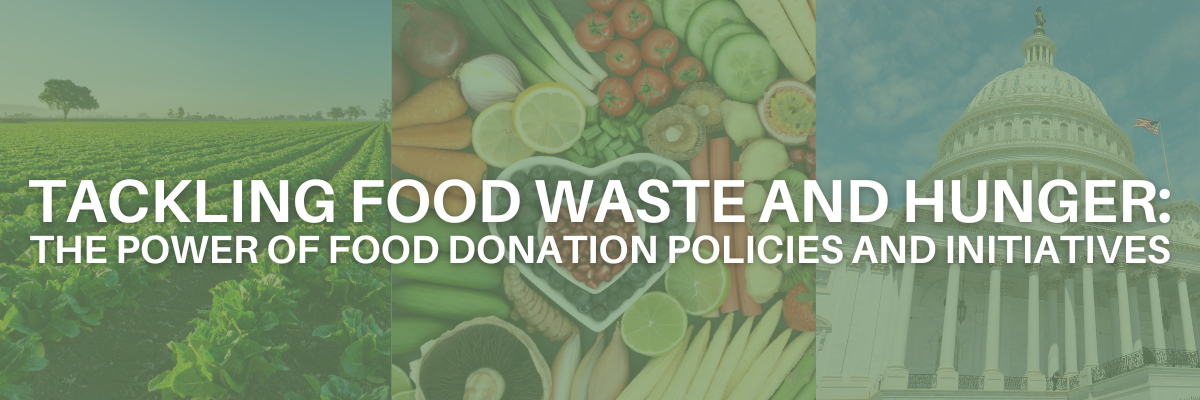 |
Food loss and waste is a paramount challenge, and opportunity, within our food system. Each year, a staggering 1.3 billion tons of food end up in landfills, while the number of individuals suffering from food insufficiency rises. Thoughtful public policies, particularly those promoting food donation, can help address this troubling paradox of abundance and hunger. FLPC and The Global FoodBanking Network have been promoting strong food donation policies as a global solution to hunger and food waste through The Global Food Donation Policy Atlas. In the past three months, we have:
- Released new research, with generous support from Walmart Foundation, on promoting food donation, including reports on Food Donation Requirements and Waste Deterrence Policies and Food Safety for Donation Law and Policy. These research findings have significant implications for effectively reducing food waste, while also emphasizing the importance of ensuring food safety while promoting donation efforts. On the fifth annual World Food Safety Day, FLPC’s Program Coordinator Regan Plekenpol shared valuable insights derived from FLPC’s research during a webinar organized by USAID’s Advancing Nutrition Project on Strategies, Standards, and Regulations to Increase Access to Safe and Nutritious Foods.
- Published extensive research on food donation laws and policies in Israel with generous support from Sandra and Howard Hoffen, which includes a comprehensive Legal Guide, Policy Recommendations, and an Executive Summary. To commemorate the release of this report, a special event was held at Leket Israel’s food rescue logistics center in central Israel on June 20. Leket Israel has been instrumental in recovering and redistributing more than 61,000 tons of food over the past two decades. In collaboration with Leket, FLPC outlined specific recommendation for the Israeli government to implement, aimed at incentivizing food donation and curbing food waste.
- Presented during the Global Food Security Summit 2023, hosted in New Delhi India in advance of the G20 presidency. Emily Broad Leib, FLPC's Director, highlighted the Global Food Donation Policy Atlas research for policy leaders around the world and shared how food donation law and policy can help address the dual-challenge of food waste and food security.
For more information about The Global Food Donation Policy Atlas, please visit https://atlas.foodbanking.org. |
|
|
|
|
|
|
|
Recent Publications and Events |
|
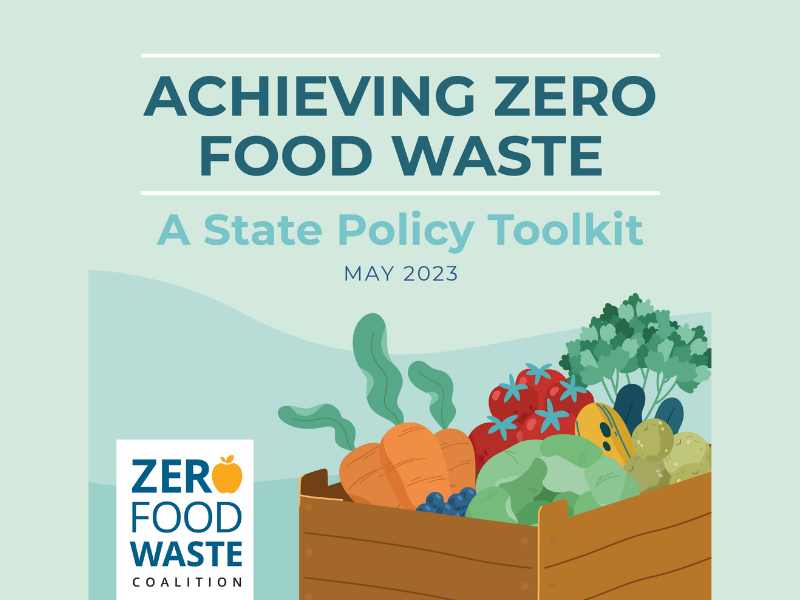 |
Achieving Zero Food Waste: A State Policy Toolkit
In May, FLPC and other members of the Zero Food Waste Coalition (ZFWC) released a state policy toolkit designed to provide policymakers and advocates with examples of real-world policy options to accelerate food waste reduction in the US. |
|
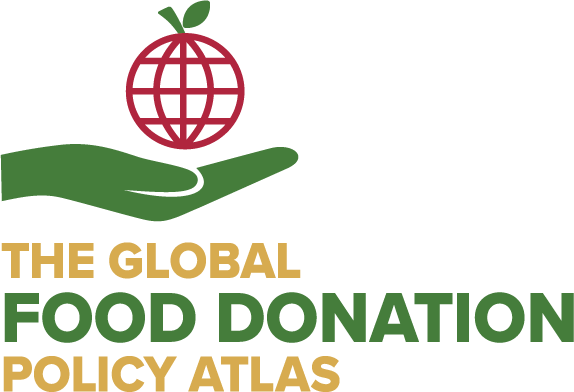 |
|
|
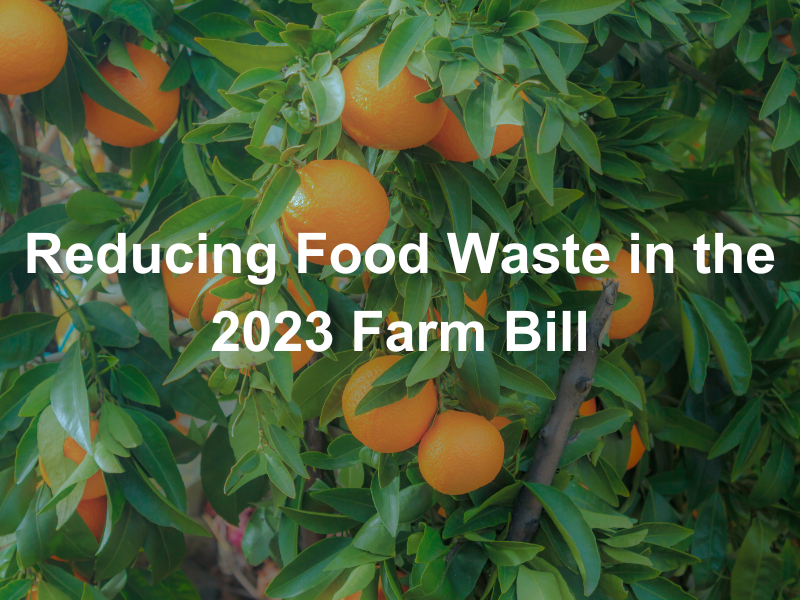 |
Zero Food Waste Coalition’s Top Farm Bill Priorities
Earlier this spring, FLPC, in collaboration with other members of the Zero Food Waste Coalition (ZFWC), unveiled their key food waste priorities for the 2023 Farm Bill. These priorities were carefully chosen from the ZFWC's report Opportunities to Reduce Food Waste in the 2023 Farm Bill which featured 22 recommendations to create sustainable solutions for the food waste issue in the United States. The selected policy solutions hold the greatest potential to effectively address food waste in the upcoming Farm Bill. |
|
 |
Comment: WIC Online Ordering and Transactions
The COVID-19 pandemic brought to the forefront the difficulties of traditional in-person shopping during emergencies and for certain populations, prompting a surge in the number of Americans turning to online food purchases. In May 2023, FPLC submitted comments supporting the USDA's proposed regulatory updates aimed at ensuring that participants in the Special Supplemental Nutrition Program for Women, Infants, and Children (WIC) have equitable access to online grocery shopping, just like any other shopper. |
|
|
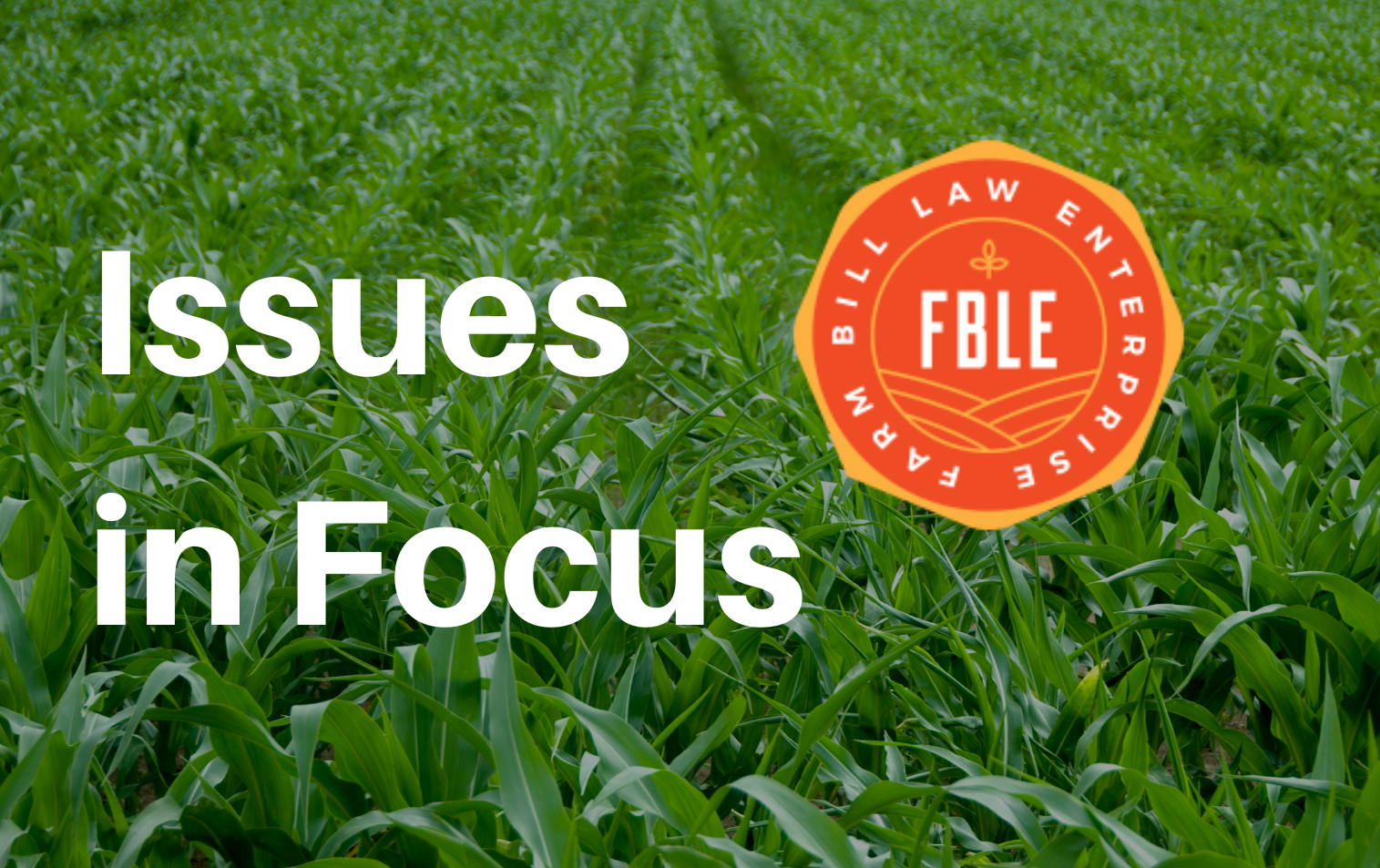 |
Farm Bill Law Enterprise Issues in Focus The Farm Bill Law Enterprise (FBLE), led by FLPC, now has an Issues in Focus page on its website with six issue briefs authored by students at FLPC, University of Maryland, and Pace, covering topics like Agroforestry, Conservation Compliance, Conservation Technical Assistance, Conservation Reserve Programs, Food is Medicine, and County Committees. Each of FBLE’s 2023 Farm Bill Reports are now accompanied by 2-page overviews of actionable policies that can be shared during farm bill advocacy conversations. |
|
 |
Addressing Nutrition through Produce Prescriptions in Medicaid Managed Care
In June, the Center for Health Law and Policy Innovation, which houses the Food Law and Policy Clinic and Health Law and Policy Clinic, published a policy toolkit and resource library on Mainstreaming Produce Prescriptions in Medicaid Managed Care. The toolkit was released in conjunction with a webinar highlighting how Medicaid Managed Care can fund nutrition interventions and featuring select programs that offer produce prescriptions across the country. |
|
 |
Food Sovereignty & Food Production in East Cleveland
Throughout the US, local and state laws facilitate many opportunities to utilize back yards, vacant land, and residential kitchens to produce foods for sale and build local food economies. In August, FLPC released a report with Loiter, a nonprofit working for economic and environmental justice in East Cleveland, to highlight opportunities and present a roadmap for identifying what foods can be produced and sold with little or no regulatory hurdles, using East Cleveland, Ohio as a case study. |
|
 |
Congressional Briefing on the Food Date Labeling Act
On July 14, 2023, the Zero Food Waste Coalition hosted a briefing for congressional staff on a bill that would standardize and clarify date labels as a cost-effective way to reduce food waste nationally. Representative Pingree (D-ME), Representative Newhouse (R-WA), and Senator Blumenthal (D-CT) cohosted the briefing which featured Regina Anderson (Food Recovery Network), Todd Post (Bread for the World), Andrea Collins (NRDC), and Charles Cooper (Brumidi Group/Hellman’s) and was moderated by FLPC Fellow, Tori Oto. |
|
|
|
|
|
|
|
|
|
|
|
|
|
|
|
|
|
Regan Plekenpol Promoted to Policy Analyst In July, Regan Plekenpol was promoted to Policy Analyst for FLPC. Since 2021, Regan has provided project management and policy analysis for FLPC's global food waste initiatives, including The Global Food Donation Policy Atlas project. Regan will continue to focus on these projects in her new role. Congratulations, Regan! |
|
|
|
|
|
|
|
|
|
|
|
|
|
The Harvard Law School Food Law and Policy Clinic (FLPC) serves partner organizations and communities by providing guidance on cutting-edge food system issues, while engaging law students in the practice of food law and policy. FLPC’s work focuses on increasing access to healthy foods, supporting sustainable production and regional food systems, promoting community-led food system change, and reducing waste of healthy, wholesome food. FLPC is committed to advancing a cross-sector, multi-disciplinary and inclusive approach to its work, building partnerships with academic institutions, government agencies, private sector actors, and civil society with expertise in public health, the environment, and the economy. Learn more about FLPC. |
|
|
|
|
|
|
|
|
|
|
|